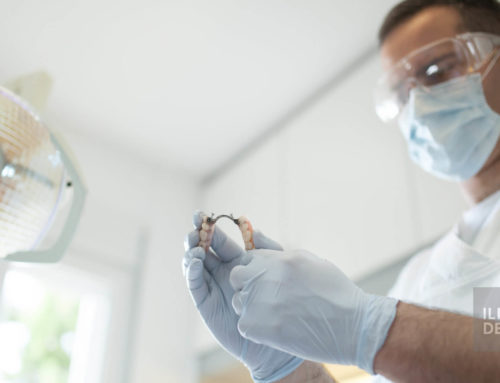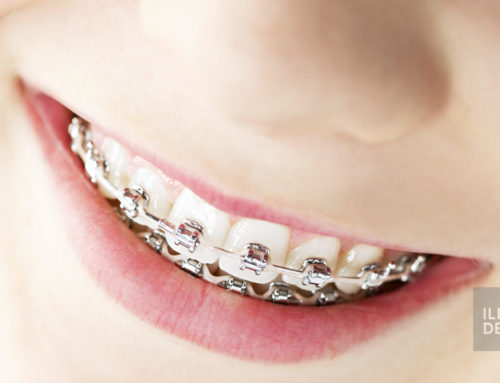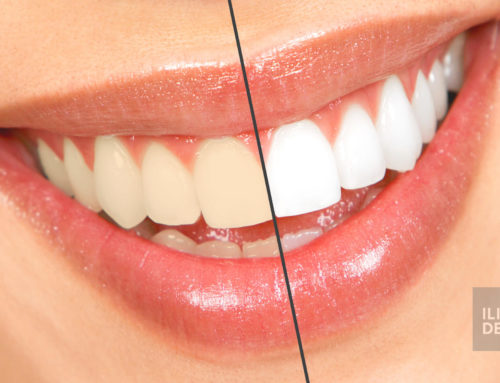This treatment is performed when caries damages the dental pulp. It is very important that both the examination and root canal therapy are carried out on time, so that the tooth won’t have to be removed.
How do I know if caries has reached the tooth nerve?
Symptoms that may indicate pulp damage include:
- Prolonged sensitivity (pain) to hot or cold temperatures after the heat or cold has been removed
- Toothache upon chewing
- Spontaneous toothache (it wakes you up at night)
Will a toothache go away on its own?
Root canal therapy, i.e. removal of the source of the infection, is the only way to get rid of tooth pain. Postponing your visit to the dentist can worsen the situation significantly, and cause infections, high temperature, swelling, inability to open your mouth or tremors. If you experience any of these symptoms, you may contact us to book a free appointment.
At Ilić Dent Dental Center, we use cutting-edge tools during root canal treatment. In our interventions, we daily use the NSK iPex II apex locator, a next-generation device used for detecting the root length, and the Endo-Mate DT, a device for automated root canal treatments.
How is root canal treatment done?
Tooth nerve removal, or root canal therapy, is a treatment used to remove the infected tooth pulp, i.e. the soft tissue inside the tooth. The inside of the tooth is thoroughly cleaned and flushed, and then sealed with an appropriate material.
Why is it important that the tooth is thoroughly cleaned and sealed?
Teeth that have been properly cleaned and sealed can last for a long time, and vice versa. If the tooth hasn’t been carefully treated, it can develop an apical abscess. These abscesses (periapical granulomas, cysts or infections) require additional, usually surgical treatments, and sometimes these teeth cannot be saved and have to be removed.
New-generation rotating devices for automated root canal treatments ensure faster, safer and more efficient treatments of the infected tissue inside the tooth. They provide patients with a higher degree of certainty that their teeth have been thoroughly treated, and the length of the procedure is considerably reduced, especially in the case of single-rooted teeth.
Is this treatment painful?
The procedure isn’t painful as it is carried out under local anesthetic. Pain will worsen if you postpone your visit to the dentist.
Is it better to remove the tooth instead?
Your natural teeth will serve you better, if you take good care of them. Dentists always strive to preserve natural teeth, if possible. Removing your teeth can cause new complications. Adjacent teeth will move to fill in the empty space created by the missing tooth. This will put more strain on your other teeth, which will cause them and your jaw bone to deteriorate faster. In addition, problems with you jaw joint may appear, which frequently includes pain. By treating the affected tooth, you can significantly extend its longevity.
What should I do after root canal treatment?
If only a small portion of your tooth is missing, the tooth can be restored with a filling. However, if the caries has destroyed a large part of your tooth, it is necessary to place a post and crown on that tooth. Root canal treated-teeth are very weak, and may fracture vertically if left without restorations and crowns, after which they must be removed. This is why it is highly recommended to strengthen these teeth with posts and crowns.






